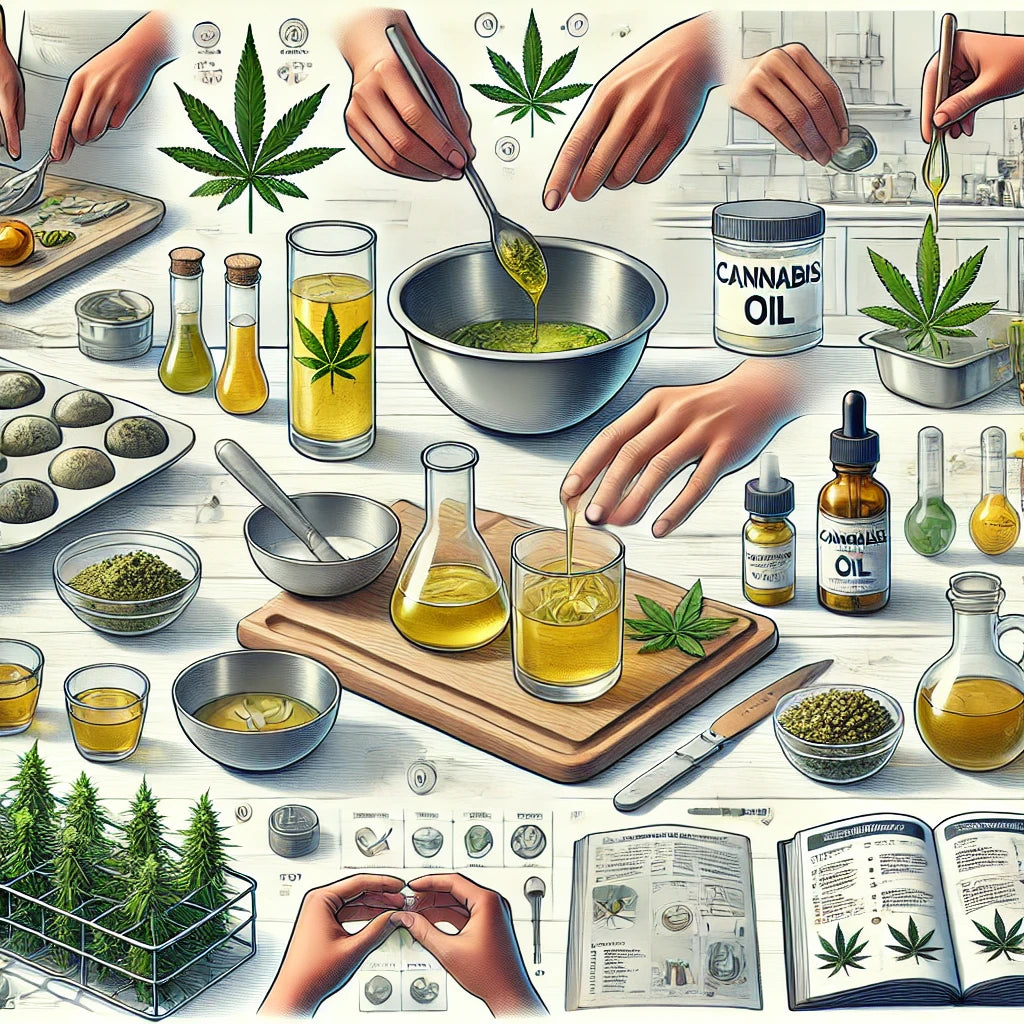While cannabis producers may associate the use of their products to a wide range of specific desired effects, such as energy, calmness, sleepiness, pain relief, or hunger, these claims have not been backed by substantiated scientific studies.
HIGHLIGHTS
- Cannabis effects depend on many factors, such as your genetic makeup, frequency of use, age, sex, current mood and personality, and any existing mental health conditions and medications.
- Customers should do their unbiased research when shopping for and choosing cannabis products.
- Any medical questions, such as how cannabis use may interact with any prescriptions or medications, should be directed at a licensed medical professional, such as a family doctor.
How Will I Know How it Will Affect me?
Humans and cannabis plants share similar chemical compounds called cannabinoids (in people, they’re known as endocannabinoids). We produce them naturally through our endocannabinoid system, which controls how we feel, moves, and react. We also have cannabinoid receptor sites all over our bodies - primarily in our central nervous and immune systems - which the endocannabinoids bind to. The plant’s cannabinoids — the most studied of which are tetrahydrocannabinol (THC) and cannabidiol (CBD) — also interact with these receptors and inhibit the way they function.
Because the number of receptors and their locations vary from person to person, our reactions to THC and CBD differ as well. So even if two people consume the same strain of cannabis, their reactions and the effects could be very different. The results of cannabis also depend on factors such as the consumption method and frequency of use, genetics, age, sex, personality, current mood and existing mental health conditions.
What Does the Research Say?
Although consumers have reported that cannabis may have health benefits and effects - such as providing some amount of relief for those who live with neuropathic pain, seizures, or draught syndrome; however, the small amount of research conducted to date does not adequately back up these (mostly) anecdotal claims.
Besides just THC and CBD, there are hundreds of compounds present in cannabis. However, researchers have been unable to do adequate research into how they work and their effects on the body to date.
So Where Do I Find Unbiased Information?
While many licensed producers give intended or reported effects for their products, this information is often crowd-sourced from the consumers who have used them. The results have generally not been scientifically gathered or tested.
To find the most accurate information, you must go directly to the source. Suppose you want to find studies and their results. In that case, you need to consult a credible publishing journal and ensure the paper itself is peer-reviewed. That means it has been read and evaluated by other professionals who have deemed the journal as a credible source.
Ultimately, the best way to know how cannabis will affect you is through personal experience. Begin with a lower THC and CBD potency product, and use a small amount to see how it affects you.
Important Notice: Content on this website is intended strictly for informational purposes. Ashario does not promote any product or represent that the products mentioned on Ashario's website are treatments for any kind of medical condition. Ashario cannot guarantee that information provided is error-free or complete and is not responsible for the quality of the information provided by users. Ashario does not endorse any user-reported information, any particular strain, product, producer, organization, treatment, or therapy.
Important Notice: Content on this website is intended strictly for informational purposes. Ashario does not promote any product or represent that the products mentioned on Ashario's website are treatments for any kind of medical condition. Ashario cannot guarantee that information provided is error-free or complete and is not responsible for the quality of the information provided by users. Ashario does not endorse any user-reported information, any particular strain, product, producer, organization, treatment, or therapy.








